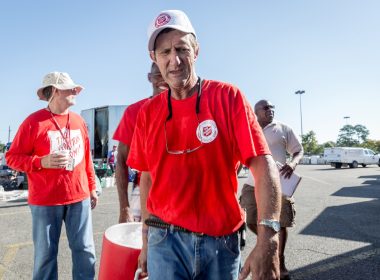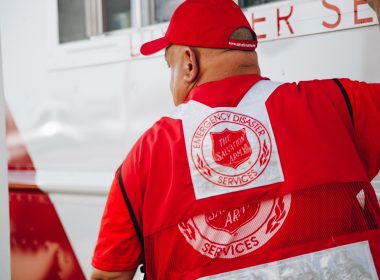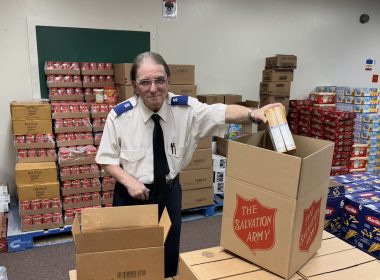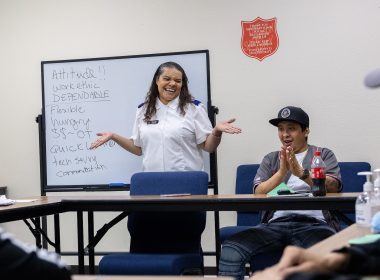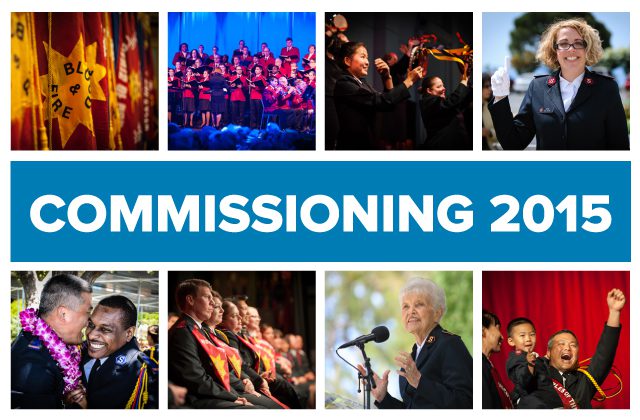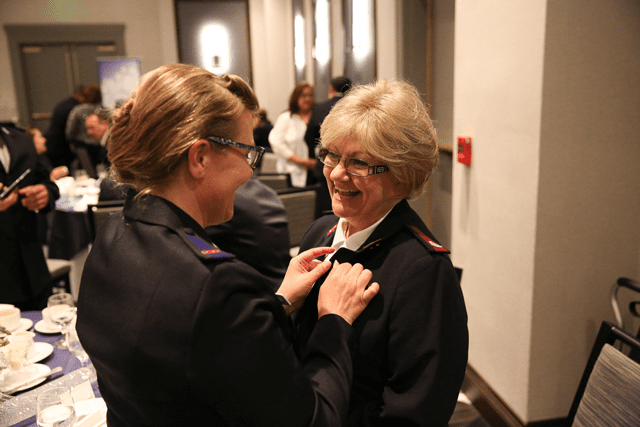By Lawrence Shiroma, Major
At the Social Service Councils in spring 2012, Commissioner James Knaggs said, “We need Salvation Army research to hold us accountable as we share the facts of life, of faith and of hope.”
Now a year later, for the first time in the Western Territory, plans are in place for a gathering of individuals involved in Salvation Army social service ministry to hear presentations of pertinent research from personnel directly involved in the work within the Army.
Why social services research? Why can’t we just do the most good for the most people without worrying about outcomes, best practices and evidence-based research? Why can’t we just be a voice for the voiceless and the marginalized, and let the academicians in their ivory towers do the research?
“We’re doing the work daily,” Knaggs said. “We just need to get it out, give the facts, and get it published. We tell the good stories—and they are true—but we need the facts behind them to get the attention of people and funders. We also need to share the facts of faith and the facts of hope, so that people can come out of their circumstances.”
What scriptural basis do we have for doing social service research? Lamentations 3:40: Let us search out and examine our ways. Research helps us to seek out ways to improve our services. It helps us to examine our array of delivery systems to see if they result in changed lives. It helps us to intentionally celebrate excellence and best practices, whether we are at the McKinnell House in Anchorage, Alaska, the Good Samaritan Center in Monterey, Calif., or the Lighthouse Recovery Center in Guam.
With over 110 major social service programs in our territory, documenting lessons learned is a way of remembering where we came from, where we are going, and how we can effectively improve upon our services to a lost and dying world.
Galatians 2:10 reminds us to remember the poor. Research helps us remember the plight of the poor and the impoverished in tangible, objective and measurable ways, not only for the present, but also for future generations.
In the last year, 46 families were served at the San Francisco Harbor House. Almost three out of four of them (72 percent) were in correctional facilities and programs in the Bay Area prior to entering Harbor House. Upon completion of the two-year transitional housing program, eight out of 10 of the families were referred to positive support home environments and independent living. Research helps The Salvation Army not only to remember the poor, but also to come alongside them in their life’s journey.
September 17-19, at the Territorial Social Service Councils, personnel will listen to and present research critical to the future of The Salvation Army. The theme is “Pathways of Hope” based on Proverbs 29:18: Where there is no vision the people perish.

